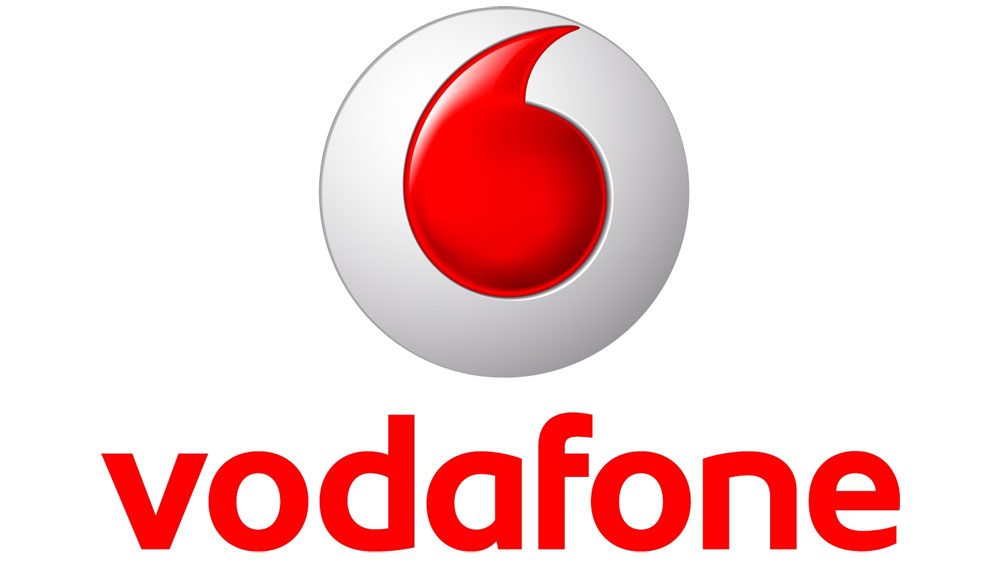Vodafone Australia boss admits Vodafone dropped the ball
But things are all set to get better (this time)

It's been a rough couple of years for Vodafone in Australia. After merging with Hutchison's Three network back in 2009, the newly formed VHA network was seemingly unprepared for the impact of smartphones on network capacity, and has struggled to satisfy its customers for years.
In an interview with Alan Kohler from the ABC's Inside Business program, Vodfone Australia boss Bill Morrow admitted the network had dropped the ball, claiming the market got ahead of the Vodafone company.
"I think if you look at the way the market has evolved in Australia - Aussies clearly like their mobile phones. They like smartphones in particular. That drove a different demand under the network and that got ahead of the company and the investment wasn't there at the time but it is now and that's what we're correcting," said Morrow.
The good news for Vodafone customers is that, according to Morrow, they should expect to see an improvement in service over the next 12 months or so, delivered in stages as improvements to 3G and 4G networks are delivered.
LTE incoming
Morrow also answered questions about the Government's plan to auction off the analogue television spectrum next year. Interestingly, he doesn't feel that Vodafone needs to buy the spectrum to remain competitive.
"1800 megahertz is the one that I'm most excited about. We have 30 megahertz of spectrum and that is perfect for LTE as we go forward into the 4G bands. It is available to us right now. We don't have really any traffic on it and it is something we can take advantage of," Morrow said.
"So if I look at that and look at the high costs that I'm going to have to pay for the new spectrum auction in front of us, the economics are kind of hard to justify spending any large amount of money on spectrum."
Sign up for breaking news, reviews, opinion, top tech deals, and more.
This spectrum is thanks to the Vodafone merger with Three, which used the 1800MHz frequency for 3G.
Via: Inside Business